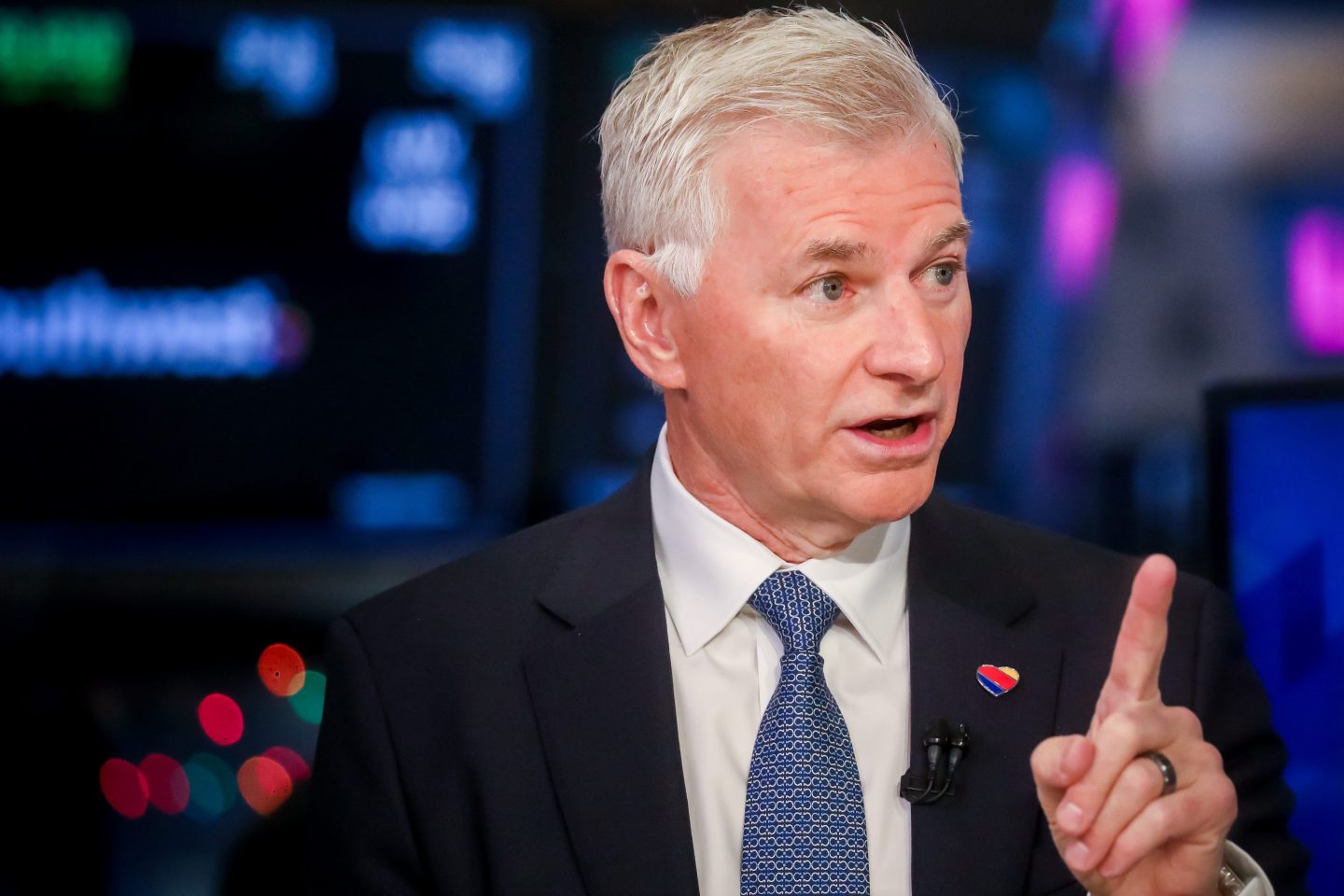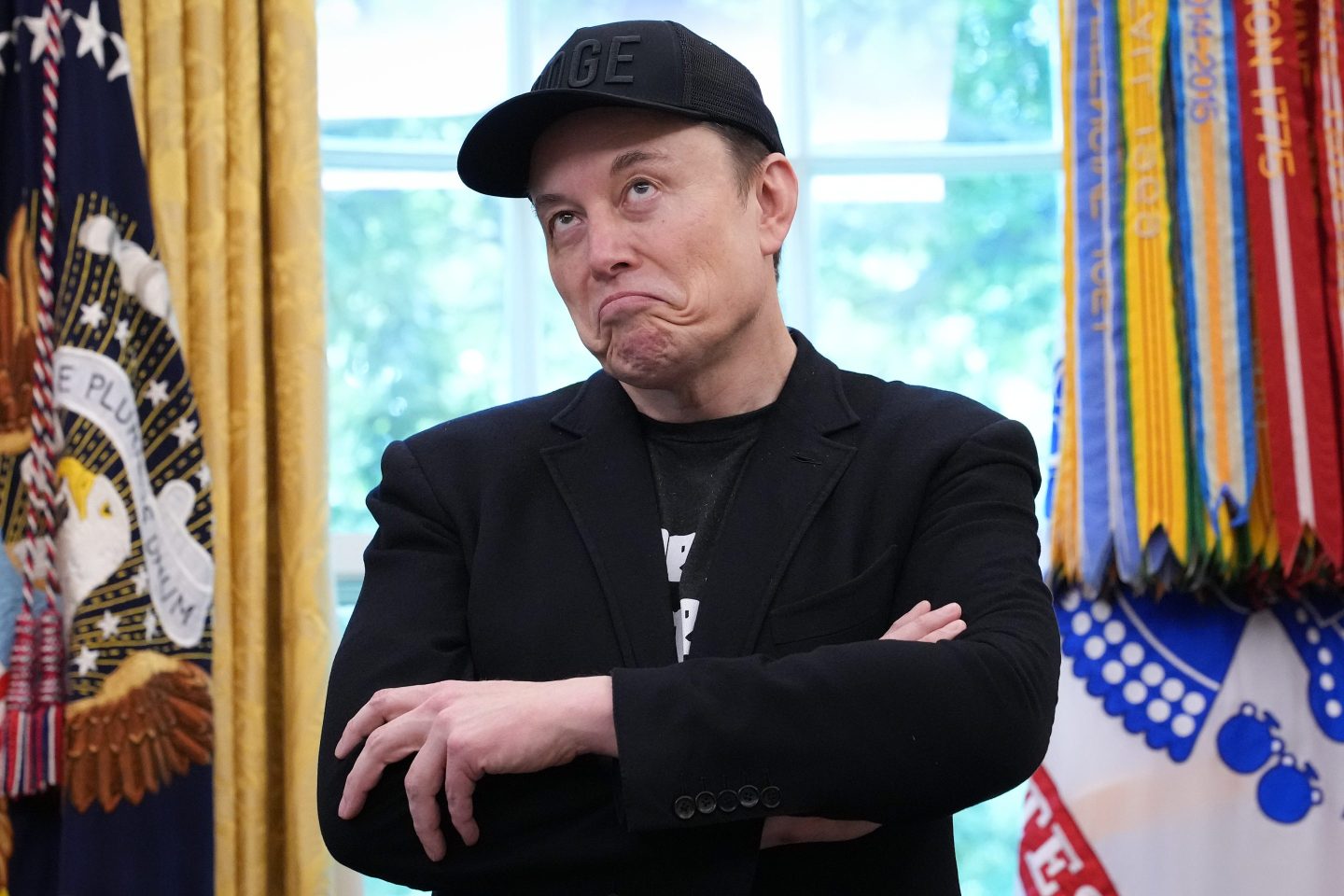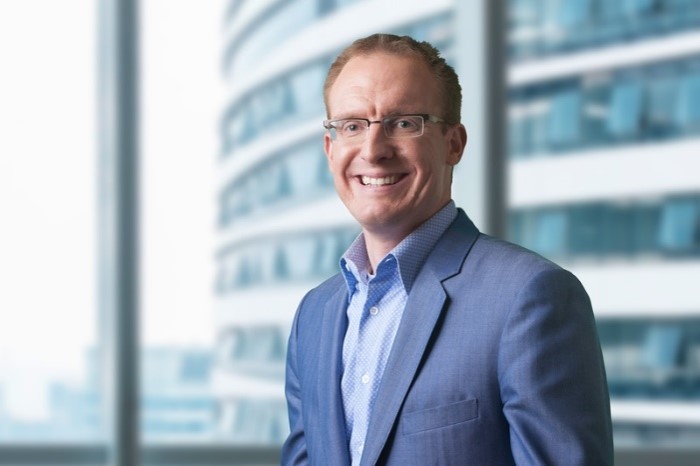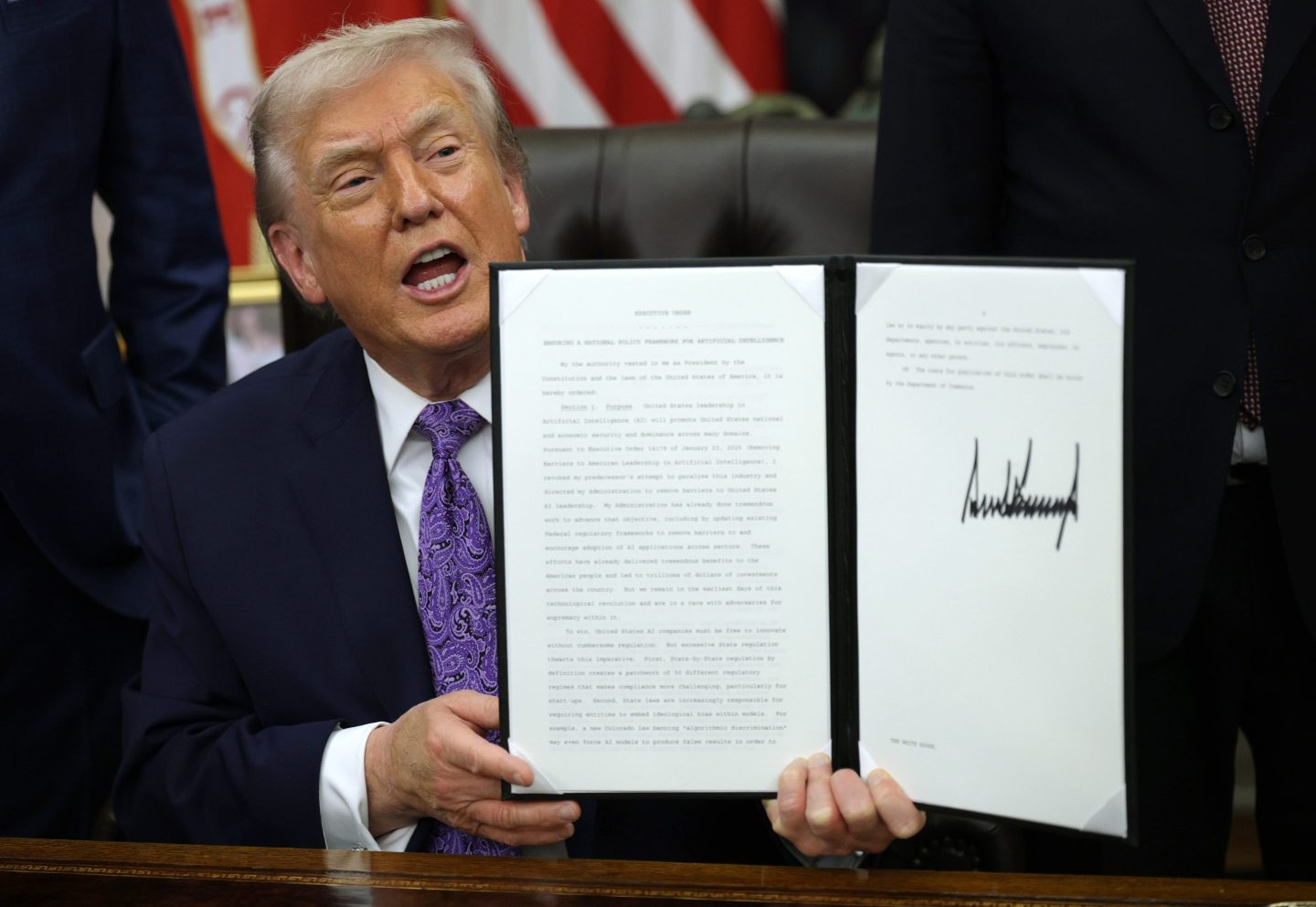Happy Monday, readers. I hope you enjoyed your weekend.
Facebook is expanding its reach into the health care arena. The social media giant announced Monday that it’s launching a new preventive health tool that aims to link its users with testing and screening resources.
The tool makes recommendations for checkups and screenings based on demographic factors such as age and gender. That can include, say, reminders that people above a certain age should regularly check on their blood pressure and heart health; cancer screenings and flu shots will be two other major focus areas (the latter is particularly significant given Facebook’s unfortunate reputation as a breeding ground for unscientific anti-vaccine disinformation).
Of course, anything involving social media—especially something as sensitive as health information—is going to raise some privacy hackles. Facebook appears to be aware of that reality.
“We don’t share personal information about your activity in Preventive Health with third parties, such as health organizations or insurance companies, so it can’t be used for purposes like insurance eligibility,” said Erin Egan, the company’s chief privacy officer for public policy, in a statement.
“You can decide whether you want to use the Preventive Health tool. The tool will give you options to set reminders for your future checkups and mark them as done, but it will not give us access to your actual test results.”
The Preventive Health tool was created in partnership with major medical groups such as the American Cancer Society, American Heart Association, and the Centers for Disease Control (CDC).
Last month, Facebook announced an initiative to share public data on suicide and self-harm in order to help researchers discover new ways to use social media in order to prevent suicides.
Read on for the day’s news.
Sy Mukherjee, @the_sy_guy, sayak.mukherjee@fortune.com
DIGITAL HEALTH
Livongo partners with Doctor on Demand, MDLIVE on telehealth initiative. Chronic disease management firm Livongo is teaming up with telemedicine giants Doctor on Demand and MDLIVE in order to give its customers access to virtual care visits, the digital health firm announced at the HLTH 2019 conference in Las Vegas on Monday. Livongo's platform already links up members with chronic conditions such as diabetes and certain behavioral health conditions with expert health coaches who deliver personally tailored advice; the new partnerships will allow the company to provide live telehealth visits beginning January 2020.
INDICATIONS
Biopharma veteran David Hung raises $275 million in gigantic funding round for cancer startup. Former Medivation CEO David Hung helped engineer a major deal to sell that company to Pfizer for $14 billion. The life sciences vet's journey hit a rough patch after he took the helm at Axovant, whose experimental Alzheimer's treatment flopped. But Hung is back in the startup game with cancer drug-focused company called Nuvation Bio, which raised a staggering $275 million series A funding round led by Omega Funds (and supported by a slew of other VCs). Details on exactly what kind of oncology tech the firm will focus on are sparse. (FierceBiotech)
Mirati Therapeutics spikes after-hours on early oncology drug data. Shares of Mirati Therapeutics rose more than 14% in after-hours trading Monday after the company announced positive (though highly preliminary) results in a study of advanced lung and colorectal cancer patients. What sets Mirati's treatment apart is its action mechanism—it targets a specific mutated gene called KRAS that's frustrated numerous other biopharma companies homing in on that mutation. Still, the sample size was so small and the results so early that it's an open question whether or not the treatment has long-term staying power. (CNBC)
More cancer news—AstraZeneca hits its goals in late-stage drug combo study. One last bit of positive cancer news to round out this Monday—AstraZeneca shares rose modestly after the company announced that a combination of its cancer treatment Imfinzi, chemotherapy, and another AZ drug called tremelimumab successfully stopped the progression of advanced lung cancer in a late-stage clinical trial. That's a shot across the bow of companies like Merck, which dominates the lung cancer immunotherapy space. But while it's a good result for AstraZeneca, the big question is whether it's too late to make significant headway into the lung cancer space given other companies' first-to-market advantage. (Reuters)
THE BIG PICTURE
The public health consequences of health care fraud. A new Johns Hopkins study finds that health care fraud and abuse—such as overbilling for medical services that were never actually rendered, unnecessary prescriptions, or plain old fraudulent treatments—have a significant public health effect on Medicare beneficiaries. The study concluded that patients who received treatments from medical outfits that bilked their customers or defrauded them were about 15% more likely to die prematurely than those who went to above-board organizations. (ModernHealthcare)
REQUIRED READING
How a New Generation of Female Investors Are Re-Defining Wealth and Power in Silicon Valley, by Polina Marinova
Climate Change Is Hitting the Insurance Industry Hard. Here's How Swiss Re Is Adapting, by Jeffrey Ball
SEC Ushers in New Era By Allowing Blockchain-Based Stock Settlement, by Jeff John Roberts
Steve Wozniak Pumps the Brakes on Autonomous Vehicles, by Chris Morris
Find past coverage. Sign up for other Fortune newsletters.










